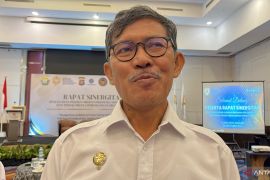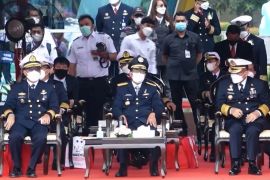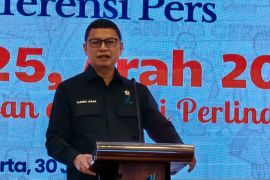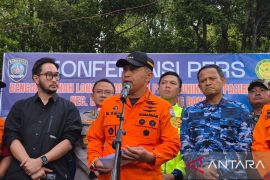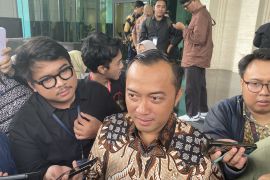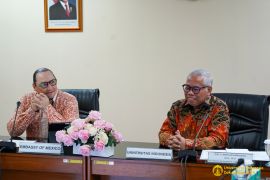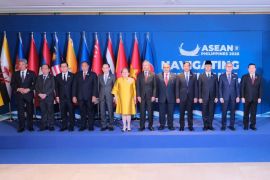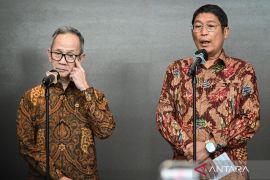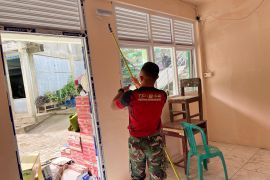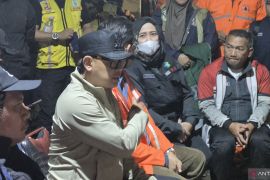KPI president Hanafi Rustandi in his press statement here on Monday said that it was estimated 70 percent of employment in the fishery sector was now held by foreign seamen such as from Thailand, Burma and Cambodia.
When opening a training session for 50 fishery seamen candidates in Ambon, Maluku, on Monday he said the conditions were very concerning because they had cut the opportunity for local fishermen to work in fishery boats.
He said the boats manned by foreign seamen had so far also often been involved in illegal fishing causing losses on the country.
When fishing they often violated international rules on fish species allowed to be caught and catch reported. "Their catch has often been sold and transferred to other ships in the sea," he said.
In view of that he called on the government especially the Maluku and Papua provincial governments to immediately limit the number of foreign seamen allowed to work in the national fishing boats.
"I wish by 2012 no more foreign seamen will work in the national fishing boats operating in the Indonesian exclusive economic zone," he said.
Hanafi, who is currently also the chief of the Asia Pacific International Transport Workers Federation (ITF), also said that the seamen had often caused unrest among communities in the region fearing spread of HIV/AIDS through them.
He said thousands of foreign seamen especially from Burma were now living and mingling with local community in Tual, Southeast Maluku.
"The ILO and UNHCR have taken efforts to reduce the population of foreign seamen living in the region but they have not been successful. Meanwhile the spread of HIV/AIDS in Papau has been very wide causing unrest among the people." he said.
Hanafi reminded the government about its plan to establish a fishery development center in Maluku.
He said the plan would be successful if it is supported by reliable fishery human resources and an adequate fleet of fishery boats. "So long as the number of foreign seafarers is still high the project will not be successful," he said.
The training program lasts for 10 days, held the International Labor Organization in cooperation with KPI and the Maluku provincial government.
The trainee would later be recruited to work in national fishing boats operating in the Indonesian eastern waters.
ILO director for Jakarta and Timor Leste Peter van Rooij on the occasion said the training was contribution and promotion for young men and women wishing to work in the fishery sector.
Right now the number of local people working in the sector is still small compared to that of foreigners. So the training was also held in the framework of covering the shortage of skilled workers in the sector and meet demand from fishery companies.(*)
Editor: Aditia Maruli Radja
Copyright © ANTARA 2011
